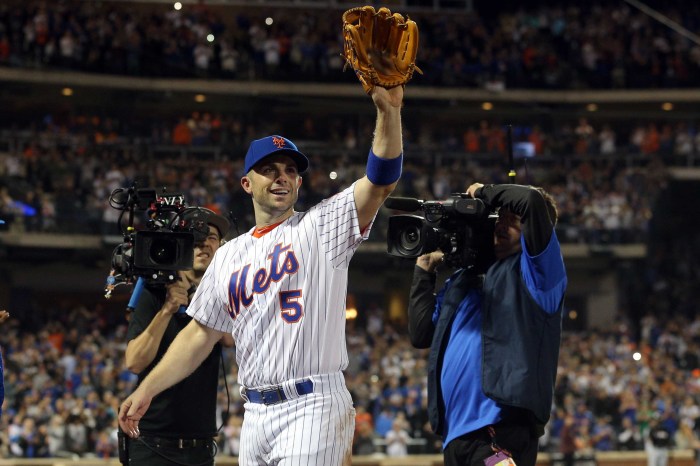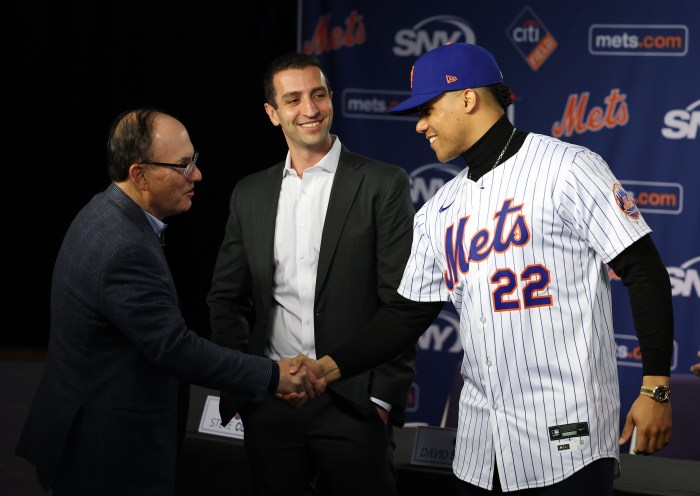Common practice in fantasy football is, when applicable, to pair a stud RB with his well-regarded backup — or handcuff.
More often than not, the handcuff sits out weekly matchups as nothing more than insurance for the starter. But, in some cases, the line between starter and handcuff blurs to the point of both players being worthy starters, even in the same lineup.
To be sure, this is not common. The phenomenon is more likely in PPR leagues because, quite often, one of the two RBs is used primarily as a threat in the passing game.
To even think about starting a pair of RBs from the same team requires certain boxes to be checked off. The threshold for a RB2 is around 13 PPR points in a 12-team league, so each must be averaging about that many points or more when appearing together in games. Ideally, both backs must demonstrate they can outdo each other, justifying each as a potential threat to have a big game all his own. And, be sure to mull duos only; three-headed monsters are more trouble than they’re worth.
Last year, only the Falcons’ combo of Devonta Freeman and Tevin Coleman fit the bill. In 13 games played together, Freeman averaged 18.4 points and Coleman 14.9 — clearly RB1 and RB2 material, respectively. Freeman outpaced his teammate eight times, but Coleman’s five instances indicate strong upside to starting him as well.
The Atlanta RBs’ numbers this season are down slightly, but owners of both players could feel secure starting both if needed. Freeman is averaging 16.9 points compared to Coleman’s 12.6, and the top scorer battle through five games is 3-2 in Freeman’s favor.
Two other backfield pairs have proved viable options to start together through six weeks: Mark Ingram and Alvin Kamara of the Saints, and Jordan Howard and Tarik Cohen of the Bears.
New Orleans’ Ingram and Kamara, in their first week since Adrian Peterson’s trade cleared up their situation, combined for 42.7 points. Ingram, who scored 30 on Sunday, is averaging 14.9 to outpace Kamara (13.5) by a slim margin.
Although a shakier play thanks to Chicago’s relative struggles thus far, Howard and Cohen combine to average 26.7. Cohen has fallen off his early-season pace as well, so be more wary of this duo unless the next couple weeks produce the desired results.
Don’t be stunned if two or all three pairs fall off the pace, but for teams looking to be bold right now or creatively manage injuries, it’s not crazy to consider starting these teams’ backs together.

































